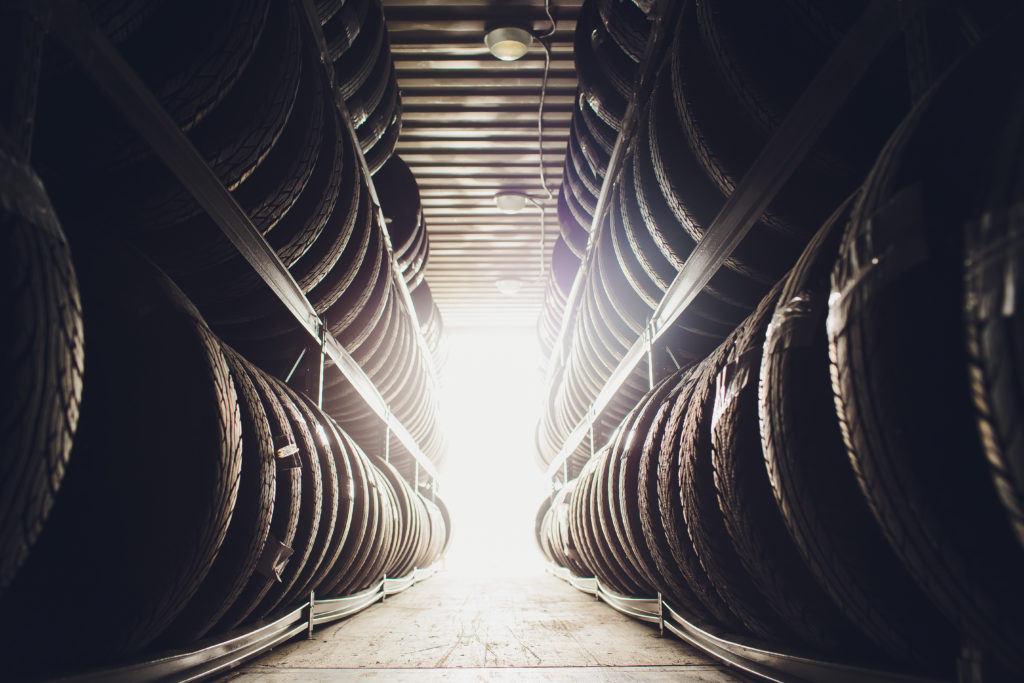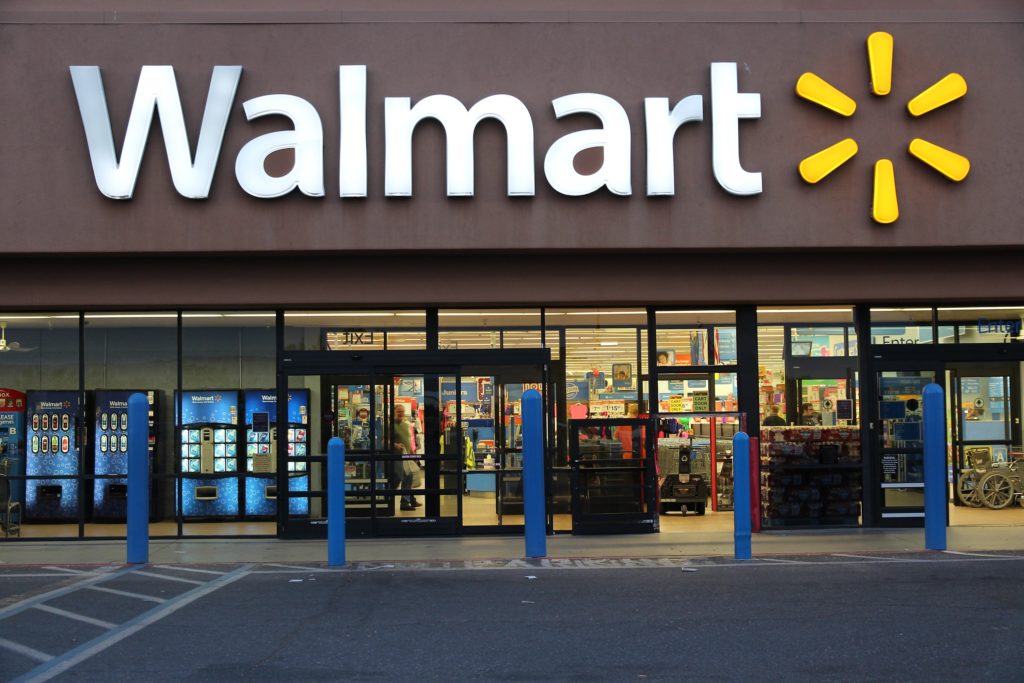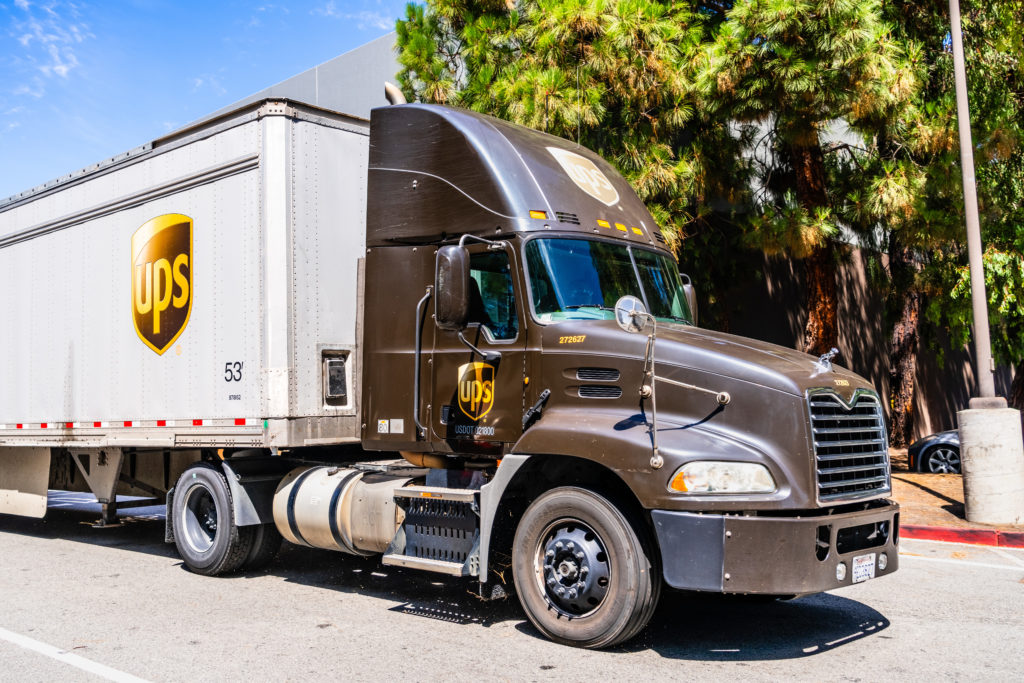As Covid-19 has ravaged and shut down communities across the United States, we have all been forced to change our lifestyle for the greater good. For many of us who reside in Illinois, “going out” now only refers to essential trips to the grocery store. More pressing has been the shocking realization that so many of the restaurants and businesses that we frequent each day are now being forced to close temporarily, or worse; for good. While this situation continues to progress, we have made certain that our Firm does as well, becoming more flexible in our capacity to provide the service our clients expect on a daily basis. In a sense, everything has changed, but for us, nothing has really changed at all.
In light of Governor Pritzker’s Stay-At-Home Order that went into effect on March 21st, legal services were rendered “Essential Business” thereby allowing us to continue to meet the necessary obligations of our clients. To take extra precaution for our own employees during this health scare, all members of our staff are now working remotely, but rest assured that our distance away from our office has not affected our ability to provide our clients with the service they have come to expect.
At this moment in time our remote “office” still maintains the ability to complete all tasks we were able to do previously. Our staff has the ability to sign critical paperwork and documents, access case files for each of our clients, and communicate with all parties involved in the litigation process. If anything, working remotely has expanded our capabilities as we now have access to all of our regular services on a 24/7 basis, which means that our clients can and should have the expectation that we may be reached any day of the week to assist with any issues that arise. At a time like this, our Firm understands that due to the uncertainty in the economy and the effect restaurants and businesses throughout the City, many clients will likely have questions regarding their case and any financial issues that may arise. With that being said, we are here to answer these questions and assist our clients as best we can. From handling issues with medical bills and liens, to contacting insurance companies on your behalf, our team is here for you.
Take note, that while we continue to work each day to best serve our clients, Cook County Court system still remains in-flux. As of March 30th, it was announced that the Cook County Circuit Court would be suspending nearly all civil cases, except for emergency hearings, until the end of May. Marking this as a truly unprecedented time, the Court also signaled that it would be adopting videoconferencing as a way to conduct hearings for those cases deemed necessary or for emergencies.
All of this goes to say that while we will all have to adjust to these new changes for some time, our Firm is well prepared to modify our work schedule and regimen accordingly. We will be there for our clients during this time.




